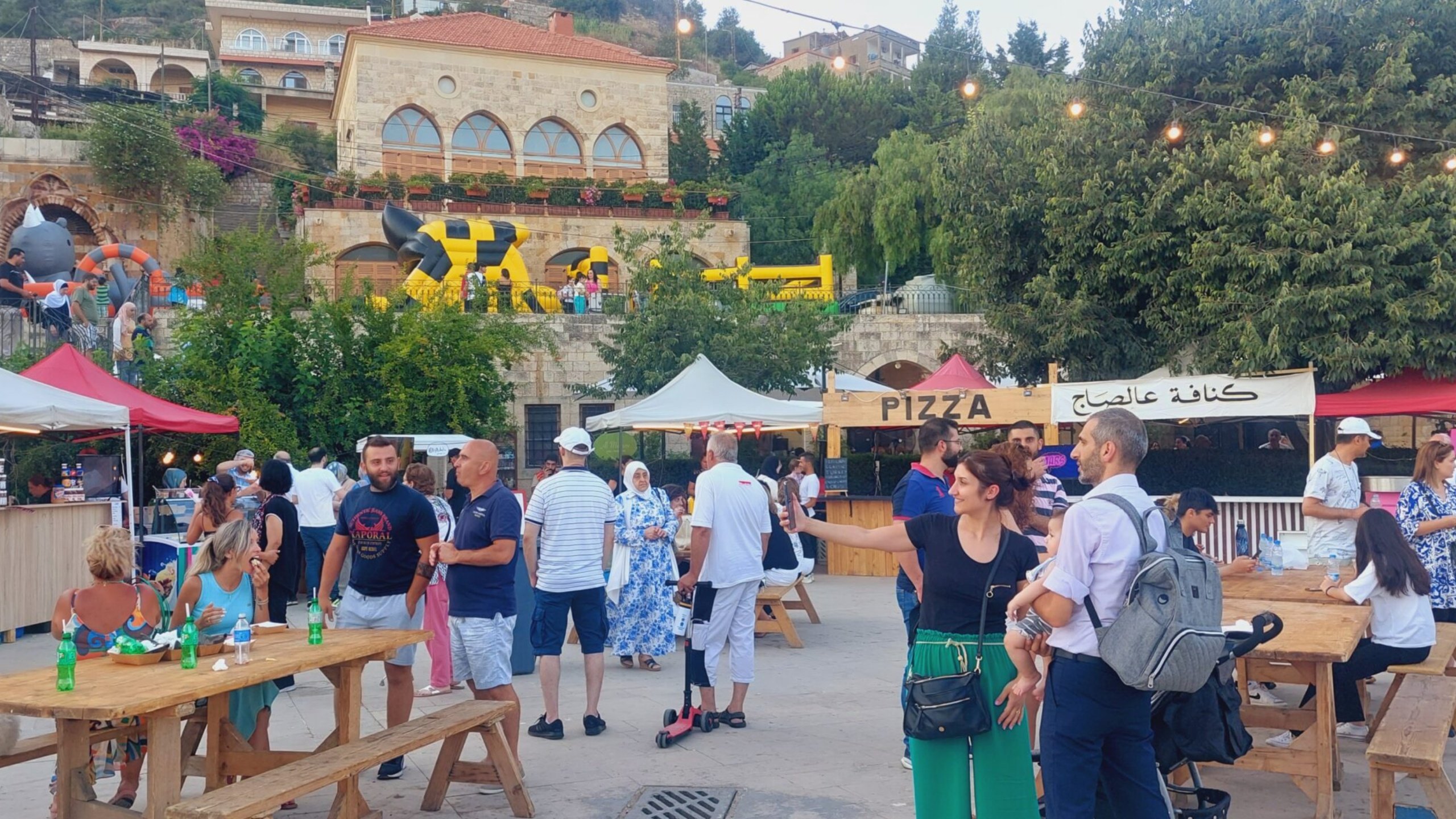Beirut In Books: 5 Ways Our City Is Described In Literature
N.B This post was originally published in January 2016.
Have you ever tried to describe this crazy city that we live in to an outsider? It’s very difficult and most people resort to the very tired cliché that: “Beirut is a place where you can ski on a mountain and swim in the sea in one day.” Boring.
Here are some writers who have described the complexities and paradoxes of the city in unique and compelling ways.

Image taken from here.
1. From Rabih Alameddine’s An Unnecessary Woman
“Beirut is the Elizabeth Taylor of cities: insane, beautiful, falling apart, aging, and forever drama laden. She’ll also marry any infatuated suitor who promises to make her life more comfortable, no matter how inappropriate he is.”
2. From Ghada al-Samman’s Beirut ’75
“You women all accuse Beirut of ruining you when the truth of the matter is that the seeds of corruption were already deep inside you. All Beirut did was to give them a place to thrive and become visible. It’s given them a climate where they can grow.”
3. From Hanan Al-Shaykh’s Beirut Blues
“I don’t want to turn into one of those pathetic creatures who are always homesick, always saying I wish I were still in Beirut. I don’t want to become like you, split between here and there. I know I’m not happy here, but why should I be unhappy in two countries?”
4. From Robert Fisk’s Pity the Nation
“When I arrived in Beirut from Europe, I felt the oppressive, damp heat, saw the unkempt palm trees and smelt the Arabic coffee, the fruit stalls and the over-spiced meat. It was the beginning of the Orient. And when I flew back to Beirut from Iran, I could pick up the British papers, ask for a gin and tonic at any bar, choose a French, Italian, or German restaurant for dinner. It was the beginning of the West. All things to all people, the Lebanese rarely questioned their own identity.”
5. From Etel Adnan’s Sitt Marie Rose
[Beirut has gathered the] manners and customs, the flaws and vengeance, the guilt and debauchery of the whole world into her belly.
6. From Nizar Qabbani’s Beirut! O Queen Of The World
Beirut, Queen of the world
Who sold your bracelet inlaid with sapphire?
Who seized your magic ring and cut your golden nails?
Arise, Beirut, so that the world may survive…that we may survive…that love may survive





